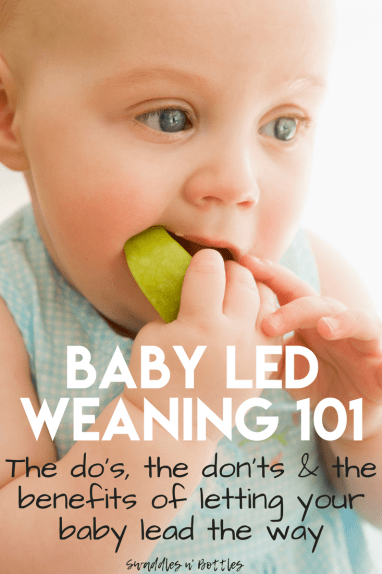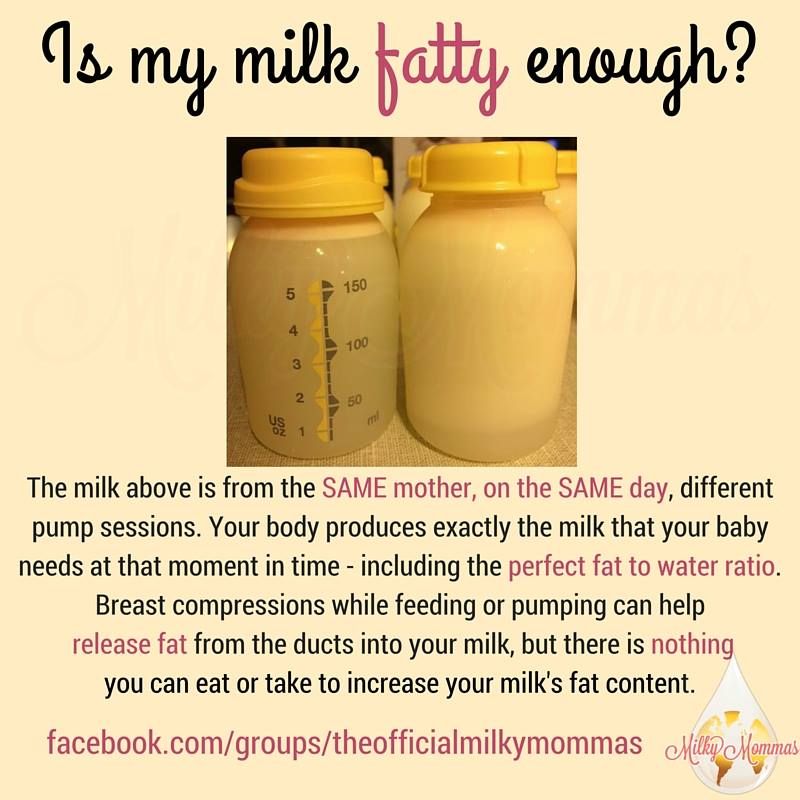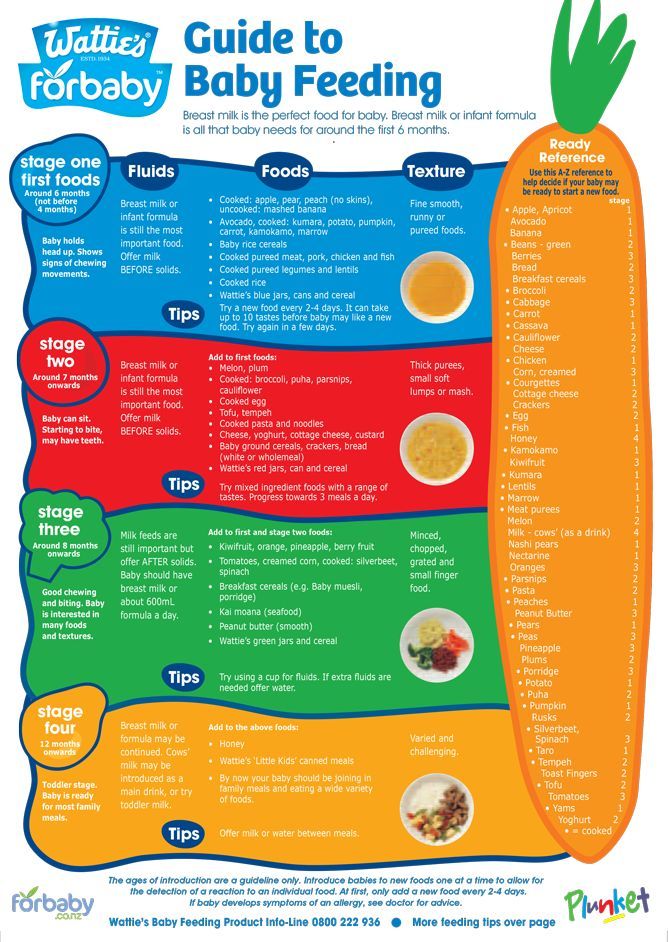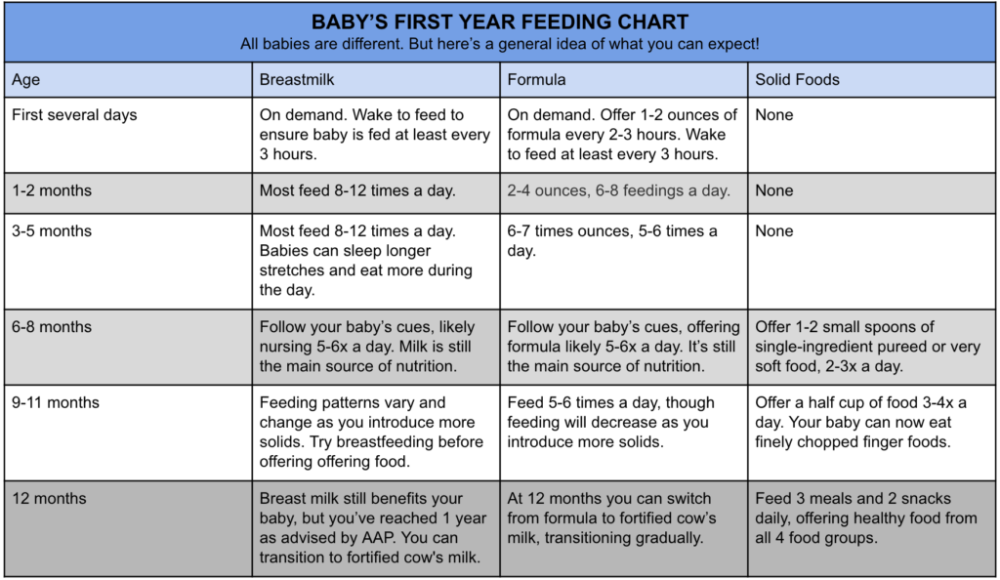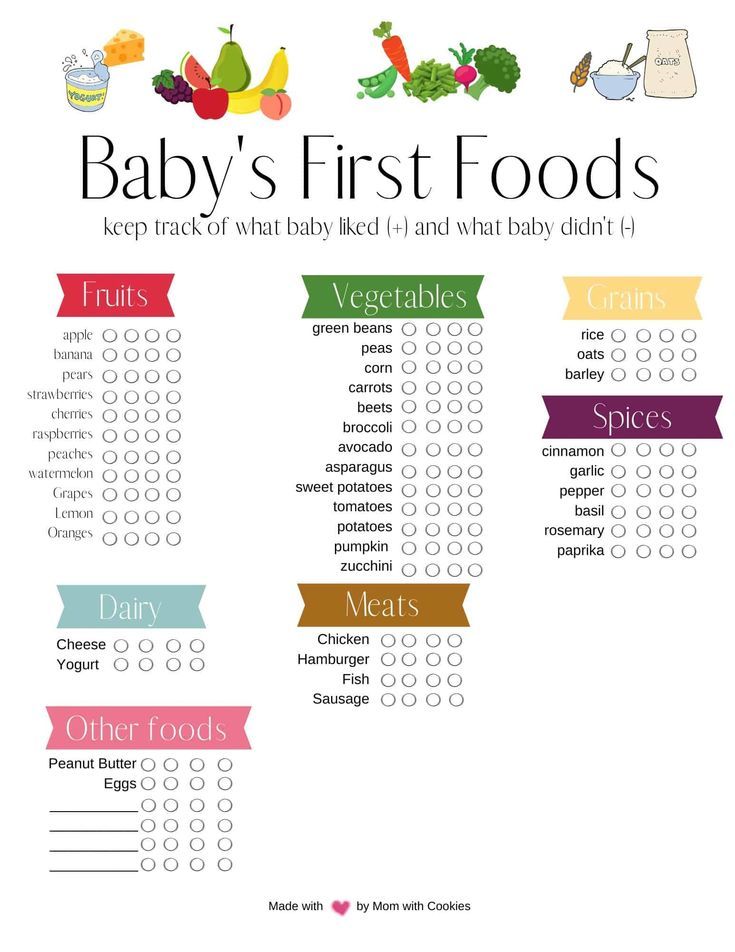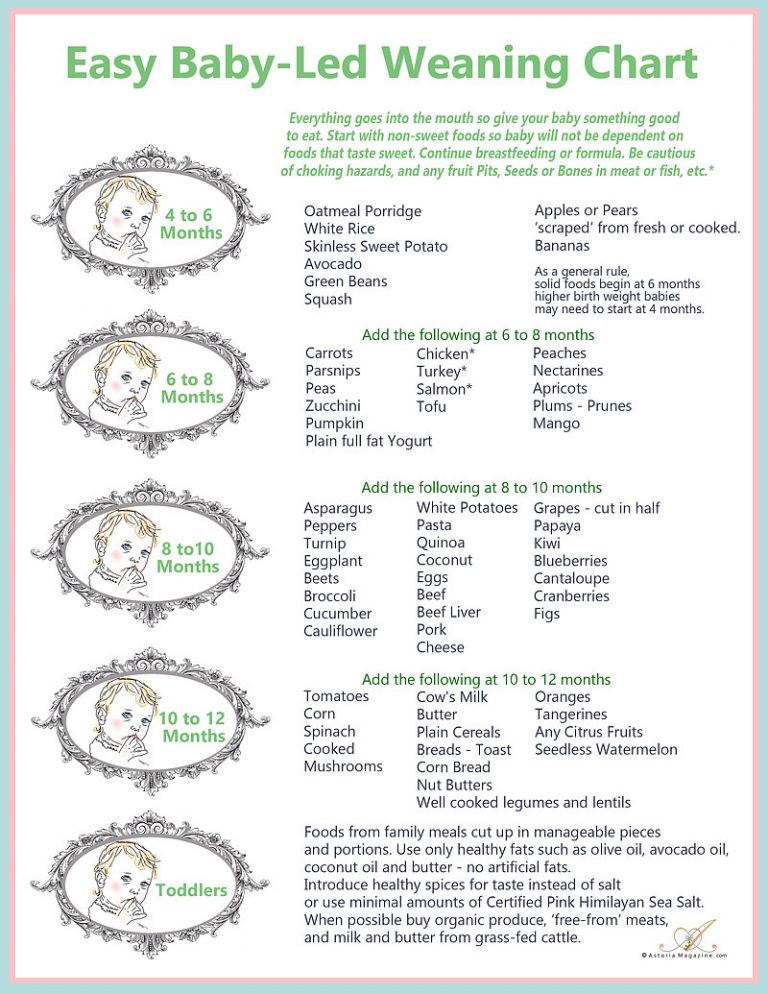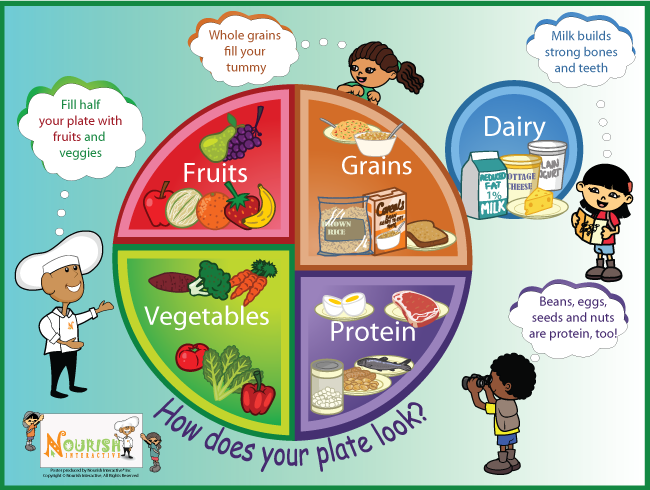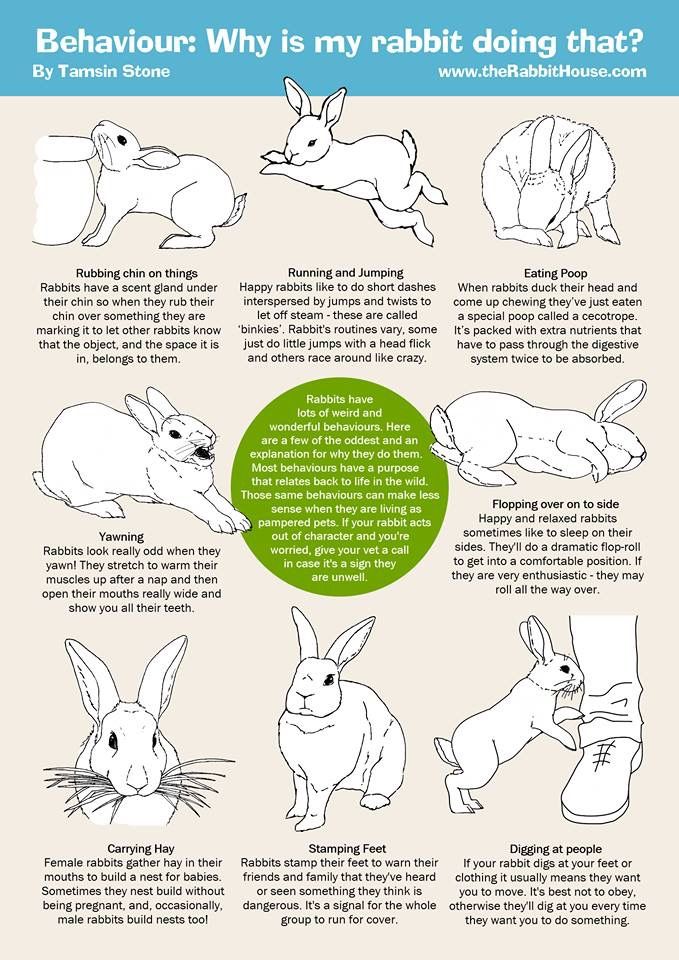My baby vomits after bottle feeding
Baby Vomiting After Feeding Formula: Causes and Treatment
Your little one is happily gulping their formula while cooing at you. They finish off the bottle in no time flat. But shortly after feeding, it seems to all come out as they vomit.
There are several reasons why your baby might be vomiting after a formula feeding, but it’s important to remember that it can be — and often is — very normal.
It’s common for babies to throw up sometimes after feeding on formula or breast milk. Their shiny new digestive systems are still learning what to do with all the yummy milk coming down into their tummy.
However, if your baby often has a hard time keeping their formula down on a regular and frequent basis, let your pediatrician know.
Having a baby around means getting used to soft mushy stuff coming out fairly often. This includes spit-up and vomit.
Spit-up and vomit might seem pretty much the same — and require similar amounts of cleaning to get them off of your sweater and the sofa — but they’re very different. Spitting up is an easy, gentle dribble of milk. Baby may even smile at you as the curd-like spit-up flows from their mouth.
Spit-up is normal in healthy babies, especially if they’re under the age of 1.
On the other hand, vomit takes more effort, as it comes from deeper in your little one’s stomach. It’s a sign that your baby’s stomach is saying nope, not now, please. You might see your baby strain and recoil just before they projectile vomit. This force happens because vomit is squeezed out by the stomach muscles.
Your baby might also look more uncomfortable during and after vomiting. And vomit looks and smells different. This is because it’s usually formula, breast milk, or food (if your baby is eating solids) mixed with stomach juices.
If you’re not sure whether your baby is vomiting or spitting up, look for other vomiting symptoms, like:
- crying
- gagging
- retching
- turning red
- arching their back
That said, there doesn’t seem to be agreed-upon definitions of these two terms among healthcare providers, caregivers, and others.![]() Plus, their symptoms may overlap. For example, spitting up may sometimes be forceful, and vomiting may sometimes seem painless.
Plus, their symptoms may overlap. For example, spitting up may sometimes be forceful, and vomiting may sometimes seem painless.
Overfeeding
It’s easier for your baby to overfeed when they’re drinking from a bottle than when they’re breastfeeding. They can also gulp down milk faster from a bottle and rubber nipple. What’s more, because formula is always available, it’s easier for you to give them more milk than they need by accident.
Babies have tiny stomachs. A 4- to 5-week-old infant can only hold about 3 to 4 ounces in their tummy at a time. This is why they need lots of smaller feedings. Drinking too much formula (or breast milk) in one feeding can overfill your baby’s stomach, and it can only come out one way — vomit.
Not burping properly
Some babies need to be burped after every feeding because they swallow lots of air as they gulp down milk. Bottle feeding your baby breast milk or formula may lead to more air-swallowing, as they can gulp even faster.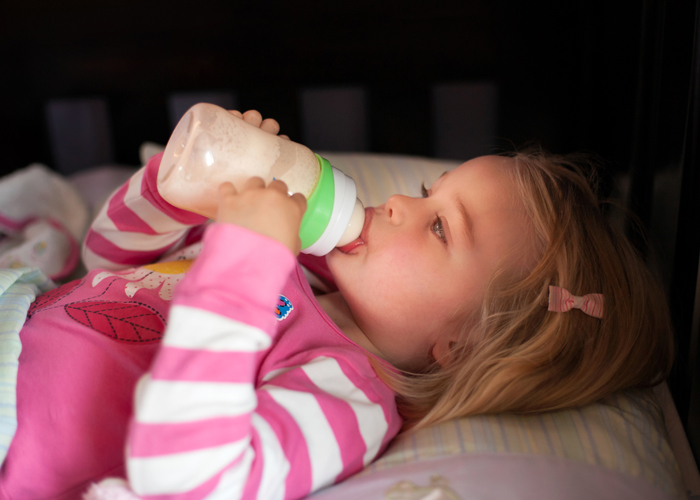
Too much air in the stomach can make your baby uncomfortable or bloated and trigger vomiting. Burping your baby right after feeding them formula may help prevent this.
To help prevent your baby from swallowing too much air and vomiting after formula feeding, check your baby’s bottle. Make sure you’re using a smaller bottle that’s just big enough to hold a few ounces of milk. Also, check to make sure the nipple hole is not too big, and don’t let your baby continue gulping when the bottle is empty.
Baby or infant reflux
Baby can have acid reflux, indigestion, or occasionally gastroesophageal reflux disease (GERD just like grown-ups! This happens because their stomach and food tubes are still getting used to holding down milk.
Baby reflux happens when milk travels back up toward your baby’s throat and mouth. This usually just causes some painless spitting up, but it can irritate your baby’s throat and trigger gagging and vomiting.
Sometimes, smaller feedings can help prevent baby reflux.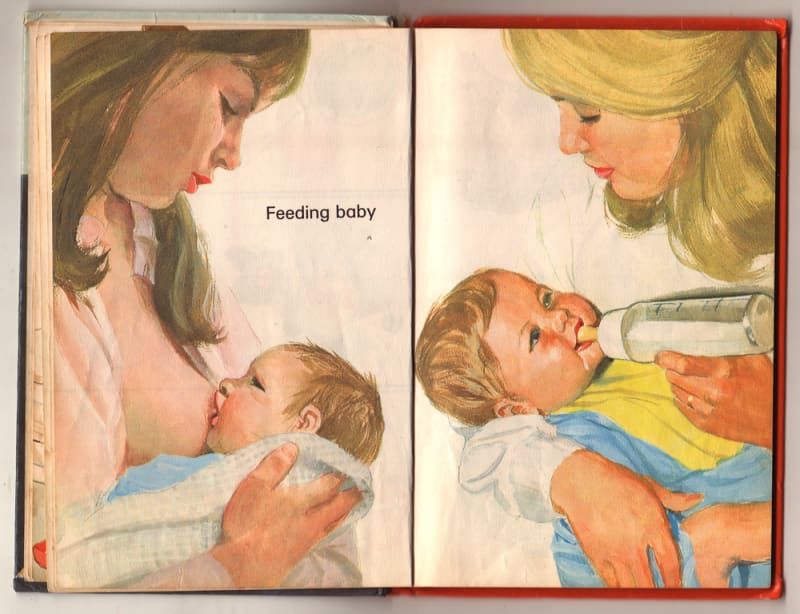 If not, don’t worry! Most little ones outgrow baby reflux by the time they’re 1 year old.
If not, don’t worry! Most little ones outgrow baby reflux by the time they’re 1 year old.
Constipation
While simple constipation would be an uncommon cause of vomiting in an otherwise healthy infant, sometimes baby vomiting happens because of what isn’t happening at the other end.
Most babies who are formula-fed need to poop at least once a day. Anything less than your baby’s typical pattern, though, might indicate they’re constipated.
If your baby is vomiting after a formula feeding, they might be constipated if they have other symptoms, including:
- gassiness
- not pooping for longer than 3–4 days
- a swollen or bloated stomach
- a firm or hard stomach
- crying bouts or irritableness
- straining very hard but not pooping or pooping only a little
- small, hard pellet-like poop
- dry, dark poop
Stomach bug
If your baby doesn’t usually vomit after having formula, they might have a stomach bug.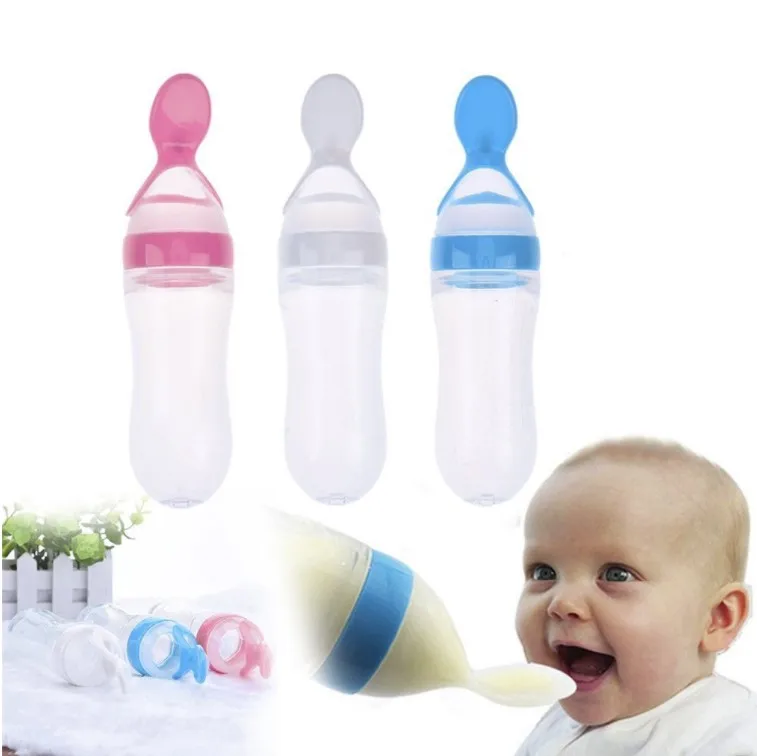 Also known as gastroenteritis or the “stomach flu,” a stomach bug is a very common cause of vomiting in babies. Your little one may vomit several times for up to 24 hours.
Also known as gastroenteritis or the “stomach flu,” a stomach bug is a very common cause of vomiting in babies. Your little one may vomit several times for up to 24 hours.
Other symptoms of a stomach bug include:
- crying
- stomach cramps
- stomach rumbling
- bloating
- diarrhea or watery poop
- mild fever (or none at all in babies)
Allergy
In rare cases, the cause of your baby’s vomiting might be in the formula. Although it’s uncommon for babies to be allergic to cow’s milk, it may happen to up to 7 percent of babies under the age of 1.
Most children outgrow a milk allergy by the time they’re 5 years old, but it can cause vomiting and other symptoms in babies. A cow’s milk allergy might cause vomiting right after your baby eats. It can also cause vomiting and other symptoms hours or rarely days later.
If your baby has an allergy to milk or something else, they might have other symptoms of an allergic reaction, like:
- skin rash (eczema)
- diarrhea
- cough
- hives
- difficulty breathing
- wheezing
Lactose intolerance
An allergy to milk is different than being lactose intolerant. Lactose intolerance usually causes digestive symptoms like diarrhea. It can also make your baby vomit after drinking formula containing cow’s milk.
Lactose intolerance usually causes digestive symptoms like diarrhea. It can also make your baby vomit after drinking formula containing cow’s milk.
Your baby might get temporary lactose intolerance after getting a tummy bug or gastroenteritis, although this is uncommon.
Other symptoms include:
- diarrhea or watery poops
- constipation
- bloating
- gassiness
- stomach pain
- stomach rumbling
Note that lactose intolerance is rare in babies under the age of 1.
Other causes
Some common health conditions can cause vomiting at any time, including after breastfeeding or formula feeding. Some rare genetic conditions can also cause vomiting in babies.
Other causes of vomiting in babies include:
- colds and the flu
- ear infections
- some medications
- overheating
- motion sickness
- galactosemia
- pyloric stenosis
- intussusception
In most cases, minor tweaks can help stop your baby’s vomiting.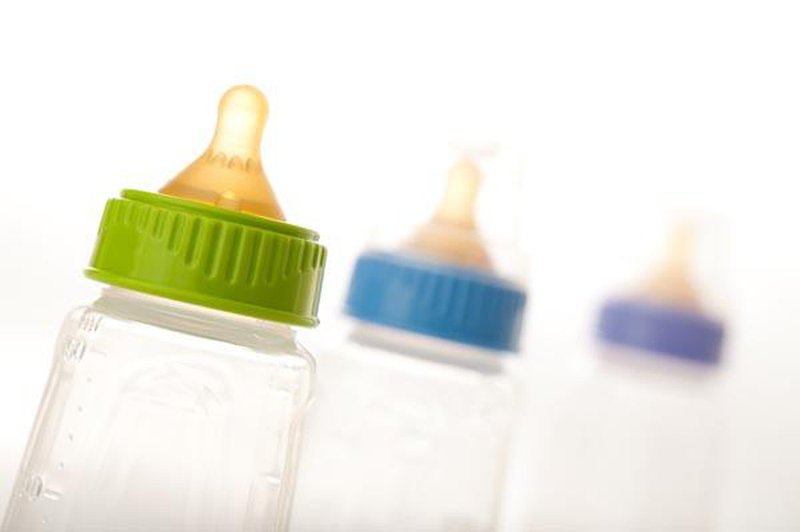 Remedies to stop your baby’s vomiting after formula depend on what’s causing it. Try some of these tried and tested methods to see what helps your baby:
Remedies to stop your baby’s vomiting after formula depend on what’s causing it. Try some of these tried and tested methods to see what helps your baby:
- feed your baby smaller amounts of formula more often
- feed your baby slowly
- burp your baby after the feeding
- hold your baby’s head and chest up while feeding
- hold your baby upright after a feeding
- make sure your baby doesn’t move around or play too much right after a feeding
- try a smaller bottle and smaller-hole nipple to feed
- check the ingredient list on your baby’s formula
- ask your baby’s doctor if you should try a different kind of formula
- talk to your baby’s doctor about a possible allergic reaction
- dress your baby in looser clothing
- make sure their diaper isn’t on too tightly
If your baby has the stomach flu, you’ll both usually just have to ride it out for a day or two. Most babies and children with a stomach bug don’t need treatment.
If your baby is vomiting, see your doctor or pediatrician right away if they:
- are vomiting often
- are vomiting forcefully
- aren’t gaining weight
- are losing weight
- have a skin rash
- are unusually sleepy or weak
- have blood in their vomit
- have green bile in their vomit
Also, see your doctor urgently if your baby has any sign of dehydration from all the vomiting:
- dry mouth
- crying without shedding tears
- a weak or quiet cry
- floppiness when picked up
- no wet diapers for 8 to 12 hours
It’s pretty common for babies to vomit, especially after feeding. This happens for many reasons, including that these little people are still just getting used to keeping down their milk.
Check with your doctor about what you can do. See your doctor urgently if your baby vomits often for any reason.
Baby Vomiting After Formula Feeding! What To Do Next? -
My baby is vomiting after formula feeding! What to do next?
It’s quite normal for your baby to vomit after formula feeding.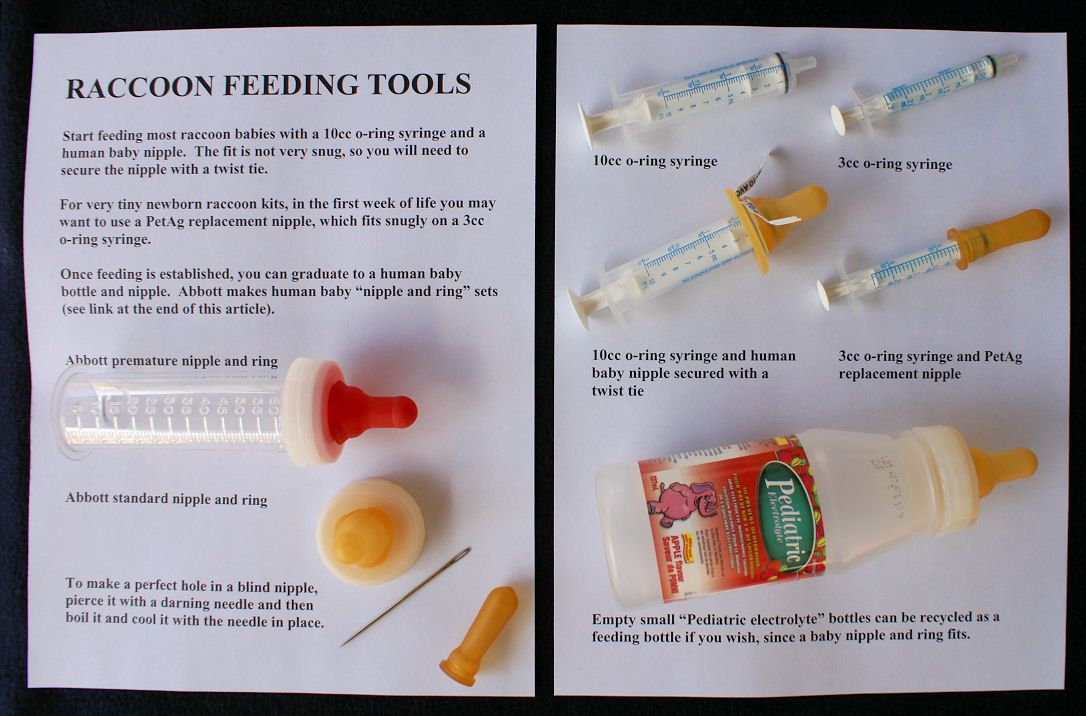 Why does this happen? And how can you help your baby have a comfortable feeding?
Why does this happen? And how can you help your baby have a comfortable feeding?
Why Does Your Baby Vomit After Formula Feeding?
1. Overfeeding
Formula feeding through a baby bottle allows milk to flow quickly. When this happens, your baby will drink milk fast and his/her small stomach would be full.
Your baby will have no other option than to vomit the milk as a way to calm the stomach.
So, it’s important for your baby to have small feedings and have time to burp properly. More details on this below.
2. Not Burping Properly
When your baby is feeding, they can also swallow air during the process. When there is too much air in your baby’s stomach, this can cause vomiting.
So, make sure you allow your baby to burp after feeding.
What are other causes of baby vomiting after formula feeding?
3. Constipation
If your baby is not pooping for more than 3 – 4 days, it might be that he/she is constipated.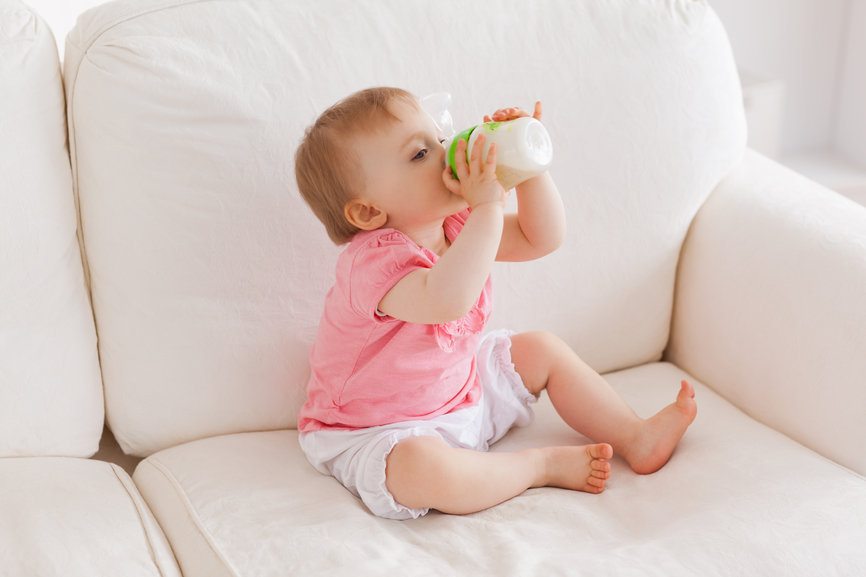
Since your baby is formula feeding, it’s advisable that he/she poops at least once a day to reduce constipation.
So, vomiting after formula feeding in addition to a bloated stomach or doing an effort to poop might be a sign of constipation.
How To Stop Your Baby From Vomiting After Formula Feeding
- When your baby turns his/her head away from the milk bottle, it’s a way for telling you that he/she is full. So, don’t continue the feeding.
- Use a small baby bottle that is enough for a few ounces of milk, and stop feeding when the bottle is empty. Also, empty milk bottles can increase air swallowing.
- Make sure your baby is drinking slowly and allow time for burping after feeding.
- Some ingredients in baby formula might make your baby’s stomach uncomfortable. So, check with your pediatrician if you can change to another baby formula.
- Check with your pediatrician if your baby requires more than 32oz of formula milk per day.
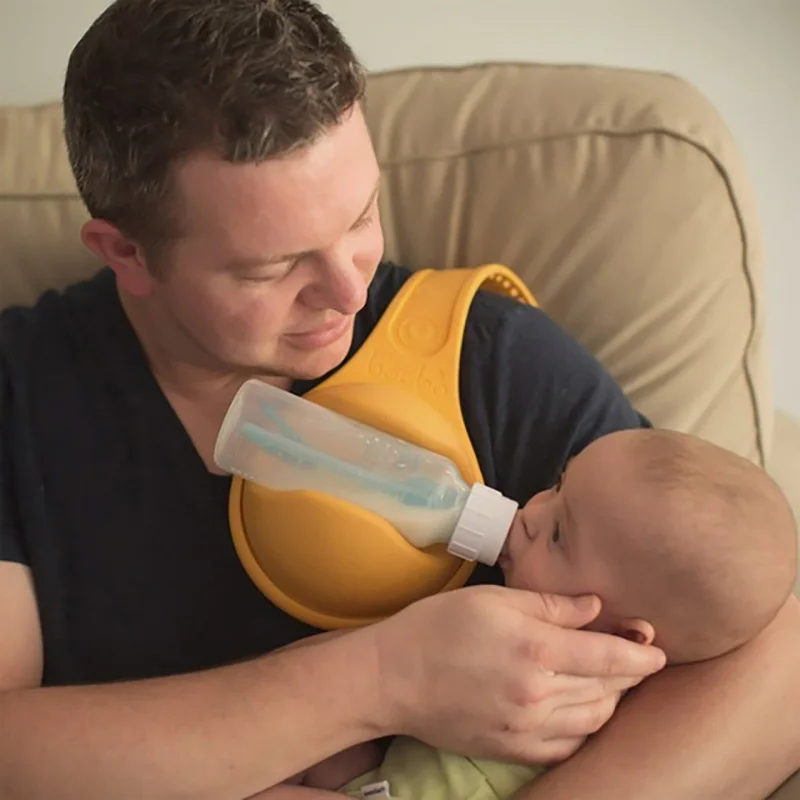 If this happens, it might be a sign of overfeeding which can cause vomiting.
If this happens, it might be a sign of overfeeding which can cause vomiting.
- Make sure your baby is hydrated enough with water. If your baby is already eating solid foods, he/she can eat high fiber foods like peaches, pears, and skinless apples.
To Wrap Up
It’s normal for babies to vomit after their formula feeding. This can be either from overfeeding, not burping properly or even constipation.
We hope that these tips can help your baby be comfortable while feeding.
Remember! Consult with your baby’s pediatrician if the vomiting continues for a long time.
Don’t Miss Out!
Get more tips about breastmilk vs formula milk here.
Start your recovery journey with our Mother and Baby program! Call us now on 800 626 945
Share:
How to help the baby when regulating
Support icon ofKeywords for searching
Home ›!! How to help a child in sprinkling
Home Home ›!! How to help a child in regurgitation
↑ Verki
Breastal feeding - completely special time for mom and her newborn baby. Together with the feeling of closeness and affection that feeding brings, understanding its nuances cannot but raise many questions, including the question of how to help an infant spit up. Regurgitation in a newborn is by no means always the result of a simple pat on his back.
Together with the feeling of closeness and affection that feeding brings, understanding its nuances cannot but raise many questions, including the question of how to help an infant spit up. Regurgitation in a newborn is by no means always the result of a simple pat on his back.
In this article, we'll talk about the basics of helping a newborn spit up, as well as other questions you may have about spitting up.
Why do babies spit up?
Let's get it straight: why do newborns need to burp in the first place? During feeding, children usually swallow extra air - this is called aerophagy. Spitting up helps prevent this air from entering the intestines, as well as vomiting, gas, and crankiness in the baby. To avoid the return of milk after feeding, you should give the baby the opportunity to burp more often.
How to help a newborn spit up?
During the first six months, the baby should be kept upright in a column for 10-15 minutes after each feed.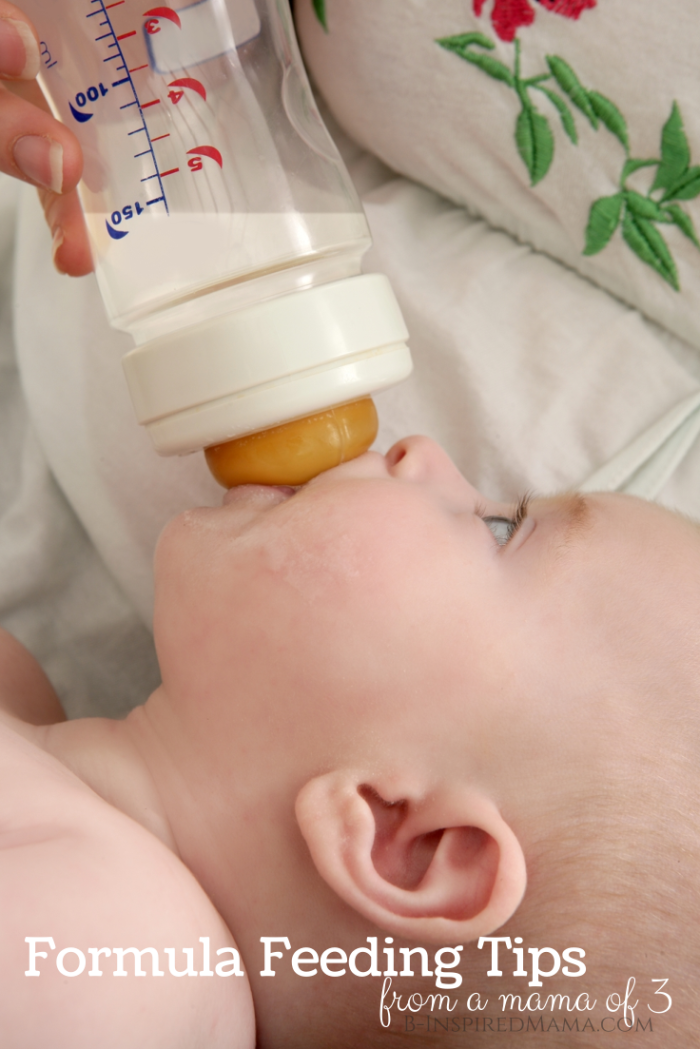 This will help keep the milk in his stomach, but if the baby occasionally burps anyway, parents need not worry. While carrying your baby in an upright position, you can put a baby diaper or wipes on your shoulder to keep your clothes clean.
This will help keep the milk in his stomach, but if the baby occasionally burps anyway, parents need not worry. While carrying your baby in an upright position, you can put a baby diaper or wipes on your shoulder to keep your clothes clean.
We've already seen why spitting up is important, now let's find out how to help your baby spit up. Parents should gently pat the baby on the back with a hand folded in a handful until he burps. Folding your hand into a handful is important because clapping with a flat palm may be too strong for an infant.
Every baby is different and there is no one right position for spitting up. To get started, you can try the following options:
- Sitting position with the baby on the chest. In this position, the parent puts the baby's head with his chin on his shoulder and with one hand supports the baby under the back. With the other hand, you can gently pat the baby on the back. This method is most effective in a rocking chair or when the baby is gently rocking.

- Holding the child upright on your legs. With one hand, parents can hold the baby by the back and head, supporting his chin and placing his palm on the baby’s chest, with the other hand, you can gently pat him on the back. At the same time, it is important to be careful: do not press the child on the throat, but only gently support his chin.
- Holding a baby on your lap while lying on your tummy. Make sure his head is above his chest and gently pat your baby on the back until he burps.
Here are some tips on how best to help your newborn spit up:
- Let your baby spit up during feeding. If the baby is restless or has swallowed air, it is worth giving him the opportunity to burp during feeding, and not just after.
- When bottle feeding, let the newborn burp after every 50-60 ml.
- When breastfeeding, let the baby burp at every breast change.
It is important to let your baby spit up after eating, even if he spit up during feeding!
If your baby is gassy, spit up more often.![]() Also, if he vomits frequently or suffers from gastroesophageal reflux disease (GERD), have him spit up after every 30 ml bottle-feeding or every five minutes while breastfeeding.
Also, if he vomits frequently or suffers from gastroesophageal reflux disease (GERD), have him spit up after every 30 ml bottle-feeding or every five minutes while breastfeeding.
How long should a baby be held for it to burp? It's different for everyone, but generally keeping a newborn upright for 15 to 20 minutes after a feed helps the milk stay in the baby's stomach.
Minimize the amount of air you swallow. Gas production and regurgitation result from aerophagia during feeding. The baby will inevitably swallow air, but there are ways to prevent it from swallowing too much. Whether you bottle feed your baby or combine breastfeeding with bottle feeding, the Philips Avent anti-colic bottle with AirFree valve is designed so that the nipple is always filled with milk without excess air, even in a horizontal position, thus preventing the baby from swallowing excess air during feeding.
Reducing the amount of air your baby swallows can help reduce your baby's risk of colic, gas, and spitting up.
Breastfeeding is a wonderful time to strengthen the bond between parent and baby. Every mom and every baby is different, so learning to help your newborn burp properly can take time and practice.
Articles and tips from Philips Avent
Baby+ app
Download the app and track your child's development and growth with trackers, and keep those special moments forever.
Download app:
You are leaving the Philips Healthcare (“Philips”) official website. Any links to third party websites that may be included on this site are provided solely as a convenience to you. Philips makes no warranties regarding any third party websites or the information they contain.
I understand
You are about to visit a Philips global content page
Continue
You are about to visit the Philips USA website.
I understand
Regurgitation in newborns after formula feeding
01/01/1970 Rassadina Zinaida Vladimirovna
Articles
Neonatal regurgitation after formula feeding
Spitting up in a newborn baby is a common occurrence, but it is very frightening for new mothers. Should I be worried? How to get rid of this phenomenon? Read the answers to these and other questions in the article.
Should I be worried? How to get rid of this phenomenon? Read the answers to these and other questions in the article. At least 80% of babies under the age of six months regurgitate some amount of food just eaten. This happens for various reasons, and most often it is a variant of the norm.
But since the biggest aspiration of parents during this period is weight gain in the baby, spitting up often causes real panic. The child appears to be malnourished.
Let's figure it out: what is the norm, and in what cases you need to run to the doctor.
Causes of regurgitation
First, consider the causes of regurgitation, which happens in most babies and should not cause concern to parents:
- Immaturity of the digestive system . In an adult, a special muscular valve or sphincter is located between the stomach and esophagus. It's called Cardia. This valve prevents food from being thrown back into the esophagus. In babies up to six months, it is not sufficiently developed.
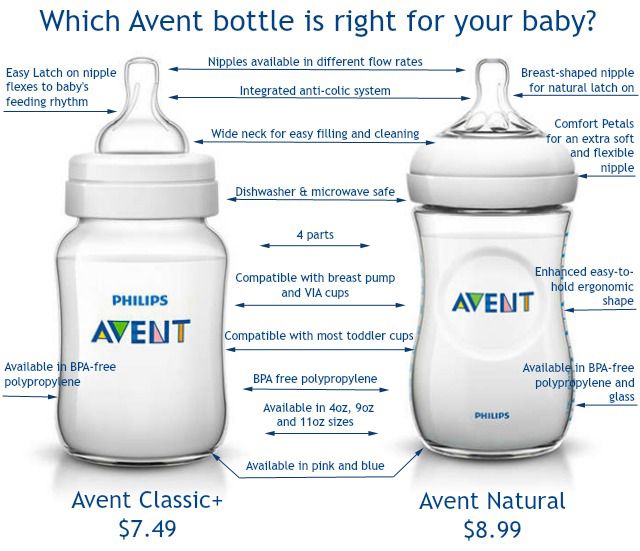 Therefore, any contraction of the walls of the stomach causes regurgitation or reverse reflux. This is the absolute norm for all children. Most often, by the age of 6 months, everything passes. In rare cases, it continues until the age of one.
Therefore, any contraction of the walls of the stomach causes regurgitation or reverse reflux. This is the absolute norm for all children. Most often, by the age of 6 months, everything passes. In rare cases, it continues until the age of one. - Overeating . Toddlers do not always eat as much as they need, often they eat as much as they like. And the body already regulates the required amount of food, belching the excess. This cause of regurgitation is typical for artificial children. The mixture comes through the nipple more easily than from the breast. The baby eats faster than the feeling of fullness sets in. So overeating happens.
- Swallowing air with food . In this case, the air goes back along with the milk, and the baby spits up.
- Gas and colic . They can also cause reflux. Air bubbles press against the walls of the intestines and stomach and help food return to the esophagus.
- Increased nervous excitability .
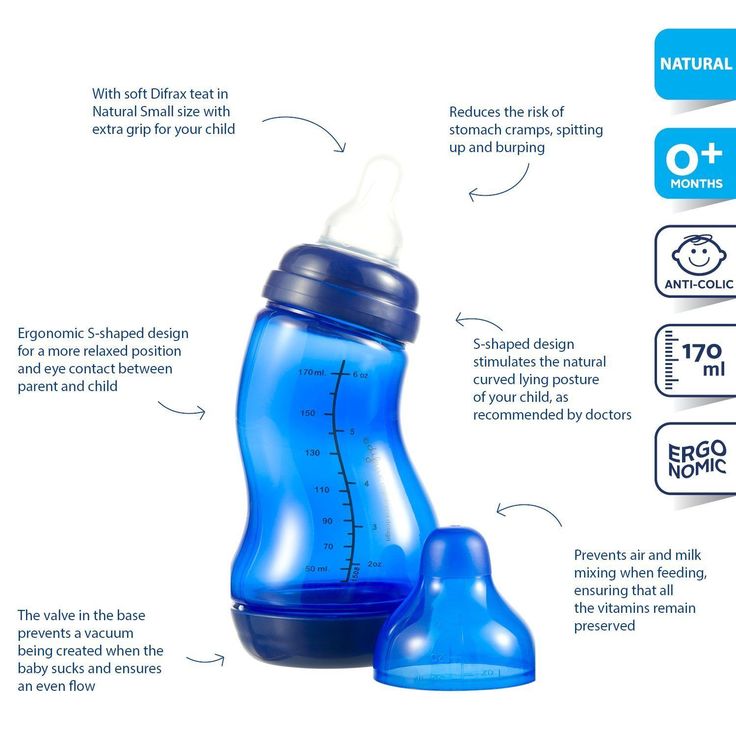 When the baby is worried, the walls of the stomach begin to contract and return of the milk eaten occurs.
When the baby is worried, the walls of the stomach begin to contract and return of the milk eaten occurs.
Alarming symptoms that are the reason for an immediate visit to the doctor are most often accompanied by violations in weight gain, since the milk eaten is not absorbed by the body:
- Frequent vomiting fountain . It can be an indicator of lactase deficiency - in other words, indigestibility of milk. Read more about lactase deficiency in our article. Fountain regurgitation can also occur due to improper development of the baby's digestive system.
- Regurgitation of yellowish or greenish milk . May be an indicator of an infectious disease. Or occur as a result of the reflux of bile into the stomach. The baby is likely to behave restlessly, because bile irritates the walls of the stomach.
But how to determine the cause of reverse reflux? In fact, this is not necessary! There is only one indicator that is important to monitor - this is weight gain.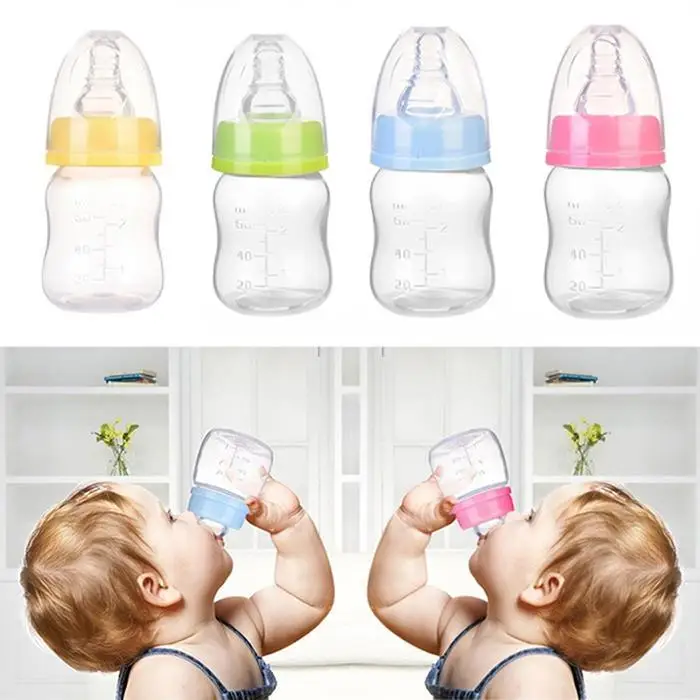 If your child is gaining weight normally and you are not experiencing warning signs, then there is no cause for concern. The regurgitation will stop on its own as the child grows.
If your child is gaining weight normally and you are not experiencing warning signs, then there is no cause for concern. The regurgitation will stop on its own as the child grows.
Regurgitation after formula feeding
This is not to say that regurgitation after formula feeding is more common than with breast milk. However, it happens that the mixture did not fit the baby due to the characteristics of the composition.
In any case, remember that if abundant regurgitation occurs with a fountain after the mixture, then there is an indication to consult a doctor. And this must be done immediately.
The pediatrician will determine the cause. And if she is in the mixture, she will prescribe a different or special anti-reflux mixture.
How to reduce regurgitation
It will not be possible to completely get rid of the natural process of returning food, but this process can be facilitated for the baby and parents.
- Carry your baby upright in a "column" position after feeding.
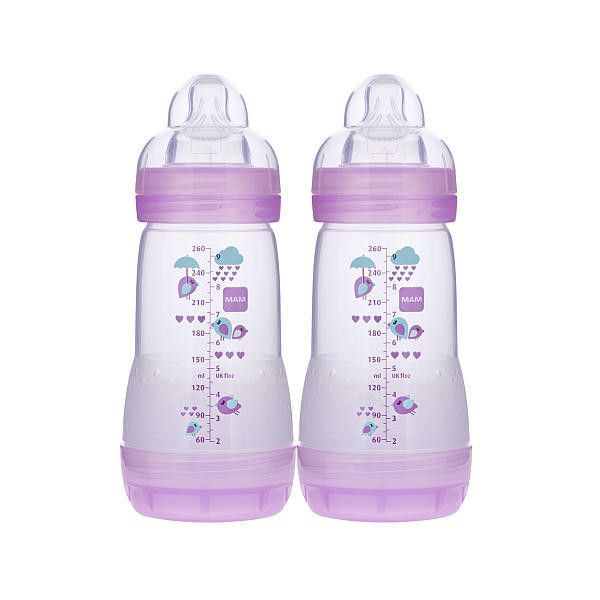 So the air that he swallowed during feeding will come out faster.
So the air that he swallowed during feeding will come out faster. - Make sure that the baby completely captures the circumference of the nipple. Then the air will not penetrate when sucking.
- Use anti-colic nipples when formula feeding. They are designed in such a way as to prevent air from getting inside.
- After feeding, do not entertain the baby, let him rest for a while.
- Try to feed a little less time to avoid overeating.
- Give your baby a pacifier before bed to stimulate digestive activity for some time after the meal.
- Provide your baby with more movement: exercise, massage, swimming, tactile contact, walking in the fresh air. To develop the muscular system more actively. Along with it, all internal organs will develop.
There is no drug that will reduce regurgitation. Because it is not a disease, it is either a symptom of it, or a natural process.
The only thing that can affect the amount of food returned is the use of anti-colic drugs, which reduce gas formation in the intestines.

